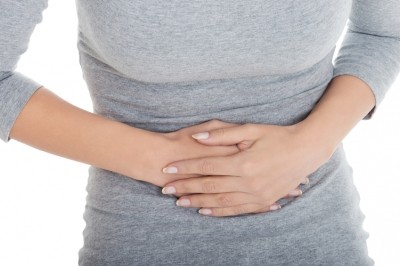Could faecal microbiota transplantation be used to tackle asthma?

In an opinion piece, the team identify faecal microbiota transplantation (FMT) as a ‘natural’ treatment that directly addresses the chronic inflammation associated with the condition.
Its inexpensive implementation is another plus point as the scientists point to an imbalance within the gut microbiota that brings on the onset of asthma – a condition that it is predicted to increase by 100 million people by 2025.
Drs Yongbo Kang and Yue Cai from Kunming University of Science and Technology in China stated the case for FMT since “a faecal infusion overcomes the intrinsic quantitative gap of probiotics”.
“Oral probiotic doses are usually more than three orders of magnitude lower than the 100 trillion native micro-organisms of the large bowel,” they added.
“In addition, the administration of faecal flora establishes a durable alteration of the recipient's gut microbiota, while probiotics are able to colonise the gut lumen only for a temporary period.”
FMT can play a major role in addressing the inflammatory immune response that characterises conditions such as diabetes, inflammatory bowel disease (IBD) and autoimmune diseases as well as proving efficacious in recurrent bacterial infections.
Environmental factors in asthma onset
Suggestions that genetic factors are only partially responsible for the risk of developing asthma has led to questions as to how environmental factors fit into disease onset and progression.
This theory gains credence as asthma often begins in early childhood, when the gut microbiota is primarily developed.
“Careful RNA gene sequencing showed that the patient's stool was strikingly similar to the donor stool after transplant suggesting that the donor's stool had helped restore a healthy colonic microbiome,” the team highlighted.
“Accounting our microbial flora as a bodily organ let the interpretation of FMT change from being considered a mere injection of faeces to becoming a true organ transplantation.”
FMT is only just coming to the forefront as a realistic approach in the management of asthma and other conditions.
Available data in this field remain limited and recent technological developments permit the identification of microbes and their products using culture-independent molecular detection techniques.
Faecal biobanks
The concept of faecal biobanks in which faecal matter is collected and stored ready for transplantation into a new host has been mooted for some time now with Europe in particular taking a lead in its conception and implementation.
In addition to the Stool Bank East based in Leiden, Netherlands, the Taymount Clinic (Hitchin, UK) have started banking patients' own stool for future medical use.
The US has also made gains in this field with biobanks forming part of the OpenBiome project, located in Massachusetts, US along with AdvancingBio (Mather, CA, USA), and Melbourne FMT based in Australia.
Source: Allergologia et Immunopathologia
Published online ahead of print, doi: 10.1016/j.aller.2017.04.008
“Future prospect of faecal microbiota transplantation as a potential therapy in asthma.”
Authors: Y Kang. Y Cai.
















